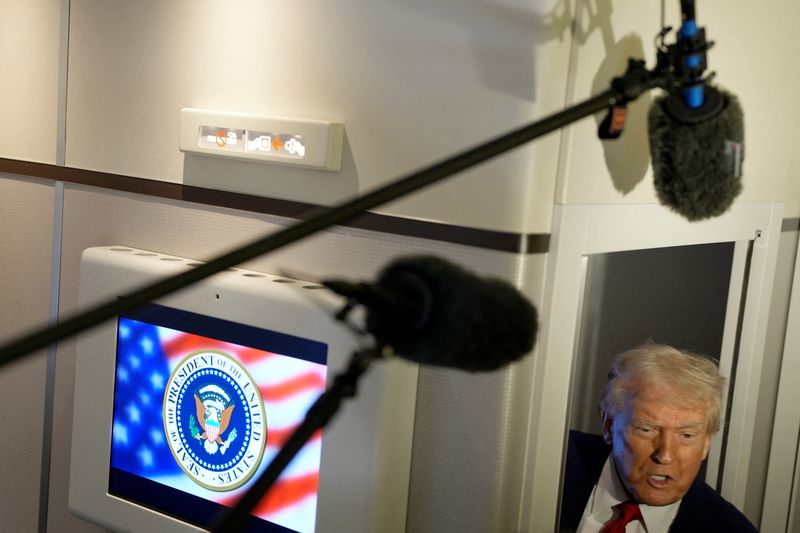Financial Warfare: Trump's Potential Economic Squeeze on Global Allies

With the ink barely dry on President Donald Trump's latest tariff decree, global markets are holding their breath, anticipating the next move in his aggressive trade strategy. The United States, wielding its unique position as the world's financial powerhouse and issuer of the global reserve currency, possesses a formidable arsenal of economic pressure tactics.
Trump's potential weapons extend far beyond traditional trade barriers, reaching into sophisticated financial domains. From manipulating credit card networks to controlling dollar access for foreign banks, the administration has an array of unconventional tools at its disposal. These strategic levers could potentially reshape international economic relationships with unprecedented intensity.
While economic experts caution that such aggressive maneuvers carry significant risks—potentially causing substantial blowback to the U.S. economy—they also acknowledge that these scenarios cannot be dismissed as mere speculation. The complex geopolitical chess game of international trade demands careful, strategic consideration of every potential move.
As tensions continue to simmer, global markets remain on high alert, watching closely to see how these economic pressures might unfold and what consequences they might trigger in the intricate web of international commerce.
